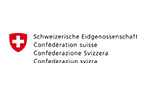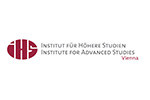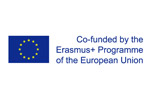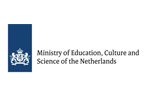Im Juni 2018 startete die mittlerweile siebte Runde von EUROSTUDENT. Es handelt sich bei EUROSTUDENT um ein internationales Befragungsprojekt, dessen Hauptziel es ist, Daten über die sozialen und wirtschaftlichen Bedingungen von Studierenden in Europa zu erfassen. Dabei werden alle wichtigen Themenbereiche im Hinblick auf die Studien- und Lebensbedingungen von Studierenden abgedeckt: die Art des Hochschulzugangs, der soziale Hintergrund, demographische Merkmale der Studierenden, Charakteristika des Studiums, Zeitbudget und Erwerbstätigkeit, Einnahmen und Ausgaben, Wohnformen sowie Auslandsmobilität.
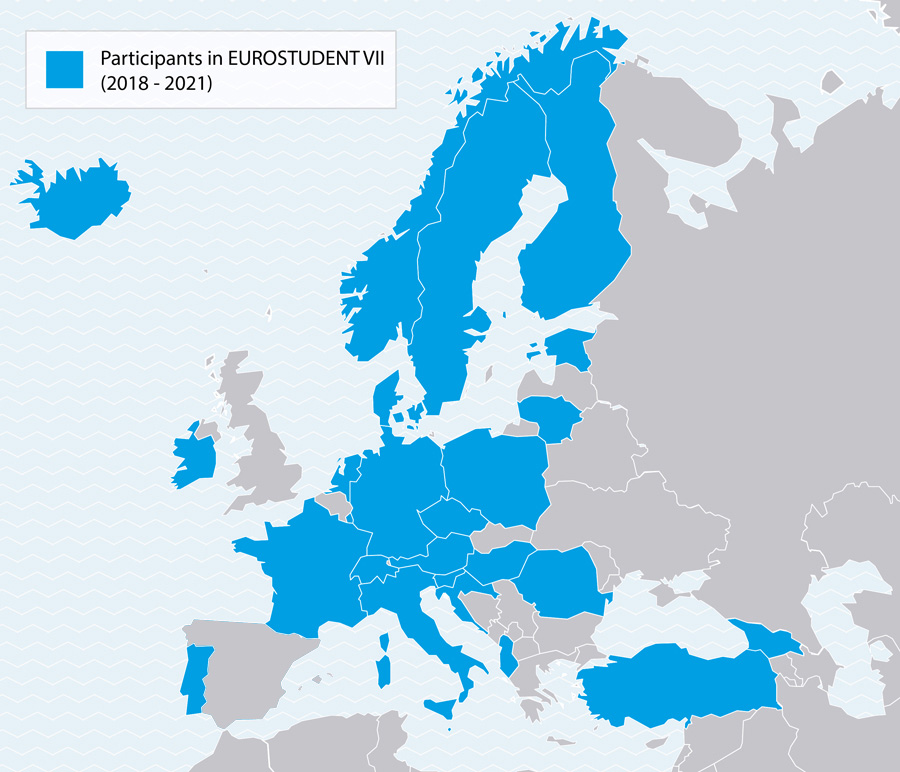
Teilnehmende Länder an EUROSTUDENT VII
Das Projekt ist durch eine dezentrale Netzwerkstruktur gekennzeichnet. Jedes Teilnehmerland führt in Eigenverantwortung seine Studierendenbefragung durch, wobei jedoch zentrale Konventionen, auf die sich die Teilnehmer zu Beginn der Projektrunde geeinigt haben, einzuhalten sind. Diese Konventionen manifestieren sich u.a. in einem gemeinsamen Kernfragebogen sowie in verschiedenen Handbüchern, in denen Standards für die Erhebung, Verarbeitung und Analyse der Daten festgelegt sind. Das Projekt wird durch ein internationales Konsortium gesteuert, das mit Vertretern von Organisationen aus sieben europäischen Ländern besetzt ist und vom Deutschen Zentrum für Hochschul- und Wissenschaftsforschung geleitet wird. Des Weiteren steht eine internationale Steuerungsgruppe mit Experten aus Wissenschaft, Politik und Praxis als Beratungs- und Kontrollorgan zur Verfügung. Das EUROSTUDENT-Netzwerk steht allen Ländern des europäischen Hochschulraums offen. Die aktuelle Runde läuft von Juni 2018 – Mai 2021.
Die Projektergebnisse sollen es den Teilnehmern zum einen ermöglichen, die Situation des nationalen Hochschulsystems im internationalen Kontext zu evaluieren. Hierdurch könnten Stärken und Schwächen des eigenen Systems neu bewertet und Möglichkeiten des gegenseitigen Lernens entdeckt werden. Zum anderen fließen die Projektergebnisse in die Bologna-Fortschrittsberichte der EU-Kommission ein; EUROSTUDENT ist dafür offizieller Datenlieferant. Die Ergebnisse von EUROSTUDENT VII werden im Frühjahr 2021 veröffentlicht. Über Aktivitäten im Rahmen des Projekts wird zudem auf der Projekt-Internetseite regelmäßig informiert.



